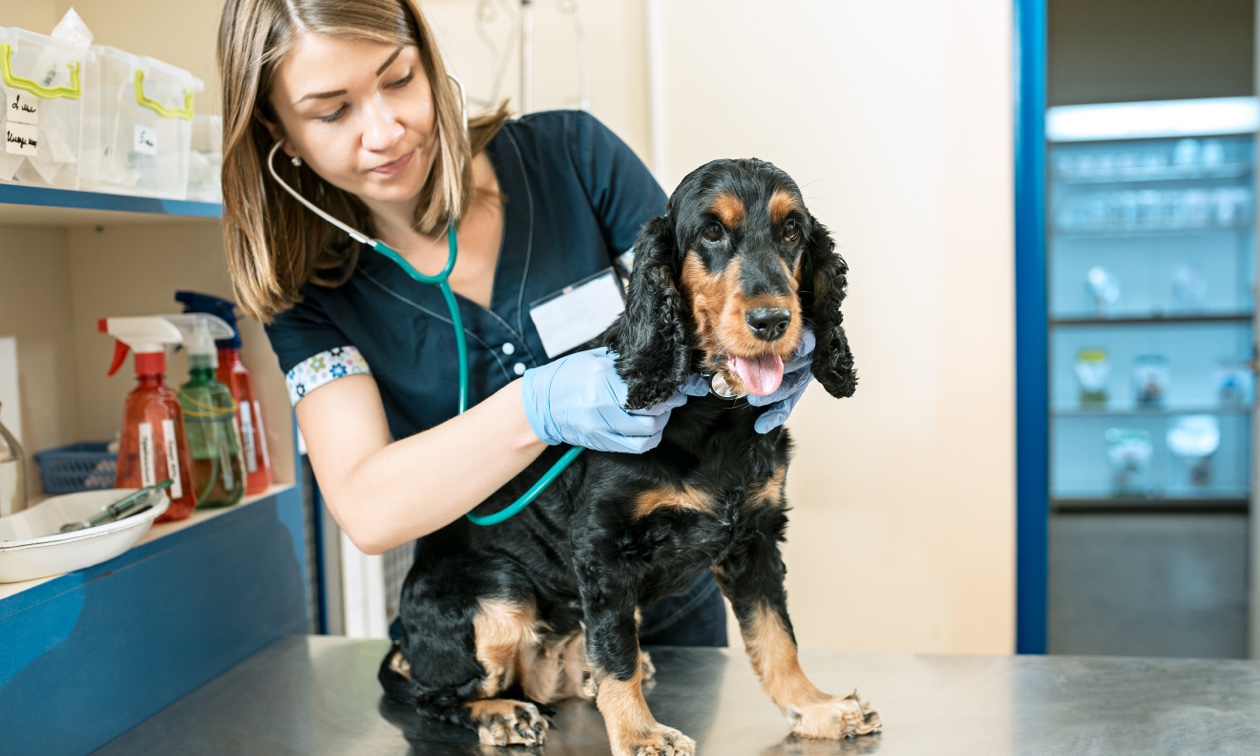Diabetes mellitus is a condition that can affect dogs and cats as well as humans. Although diabetes can’t be cured, it can be managed very successfully. There are certain risk factors that can increase the chances of a pet getting diabetes, so it’s important to be familiar with them and keep an eye out.
Risk Factors of Diabetes in Dogs and Cats
A few risk factors that dogs and cats have in common are obesity, pregnancy, pancreatic disease, and dental disease. However, each species has its own risk factors, too.
Dogs1
- Age (dogs that are 5 years old or older)
- Being unspayed for females dogs
- Breeds that appear predisposed to diabetes:

Cats2
- Being Neutered
- Obesity
- Age
- Physical Inactivity
- Breeds (cats that are older than five years) that appear predisposed to diabetes:
If your pet has one or more of these risk factors, ask your veterinarian about diabetes testing.
Signs of Diabetes in Cats and Dogs2,1
Signs of diabetes are similar for dogs and cats. Signs like fatigue, weakness, frequent urination, excessive thirst, and weight loss may indicate that your pet has a medical issue.
Fatigue or Weakness
- Sleeping more than usual
- Acting sluggish or less playful
- Appearing sick or not feeling well
- Poor body or coat condition
Frequent Urination
- Asking to go out more
- Having accidents in the house
- Litter box requires more frequent changing
Excessive Thirst
- Drinking water out of the faucet or toilet
- Water bowl requires more frequent refilling
Weight Loss Despite Increased Appetite
- Eating more but losing or not gaining weight
If your pet is diagnosed with diabetes, don’t panic. With good veterinary support and a glucose monitor, you should be able to provide the right care for your pet and ensure you both many more happy years together.
ZPC-00364R2
- Nelson RW. Canine diabetes mellitus. In Ettinger SJ, Feldman EC, eds. Textbook of veterinary internal medicine, 7th ed. St. Louis: Saunders-Elsevier; 2010; 1782-1796.
- Reusch, C. Feline diabetes mellitus. In Ettinger SJ, Feldman EC, eds. Textbook of veterinary internal medicine, 7th ed. St. Louis: Saunders-Elsevier; 2010: 1796-1816.






